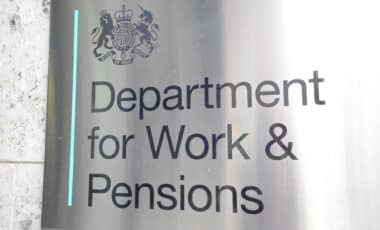Rising prices and the ongoing strain of household expenses have prompted further intervention through the Household Support Fund (HSF), a government scheme designed to assist those most affected by the cost of living crisis. Councils across England have been allocated a portion of the £421 million fund to distribute financial aid locally.
In Reading, thousands of eligible residents are now in line to receive either an automatic £125 voucher or a discretionary £100 grant, depending on their individual circumstances. This funding aims to relieve financial pressure on households struggling with essentials such as energy, food and housing costs, according to Reading Borough Council.
Automatic Vouchers for Low-Income Families and Care Leavers
Under the current phase of the scheme, automatic payments will be made to specific groups without requiring an application. According to Reading Borough Council, households with children receiving pupil premium free school meals and young adults identified as care leavers will receive £125 vouchers by post from the Post Office.
These will be distributed in July and December 2025, with redemption deadlines set for the end of September 2025 and January 2026, respectively.
Additional support will also be extended to pensioners on low incomes, who are expected to receive a £200 voucher in December. Specific eligibility criteria for this group are yet to be confirmed.
This targeted aid reflects the council’s strategy of using its £1.99 million allocation to provide direct financial relief where it is most urgently needed. The council also confirmed that funds will support charities assisting with school uniforms and local organisations offering cost-of-living support.
Discretionary Grants Available for Wider Group of Residents
In addition to the automatic vouchers, the council is offering a £100 discretionary grant for residents not covered by the automatic scheme. Applicants must be on low incomes and either in receipt of income-based benefits or able to demonstrate financial hardship through a basic income, expenditure and savings assessment.
To qualify, applicants must have less than £2,000 in savings, and priority will be given to residents in one or more vulnerable categories. These include carers, veterans, people with disabilities, lone occupants, large households, private renters, and those with energy-inefficient homes or prepayment meters.
Applications require supporting details such as National Insurance numbers, Council Tax information and a breakdown of essential outgoings. The decision-making process is final and does not allow for appeals.
Residents are encouraged to apply promptly, as funds are limited and will be allocated on a first-come, first-served basis. Full details and the application form are available via reading.gov.uk.









